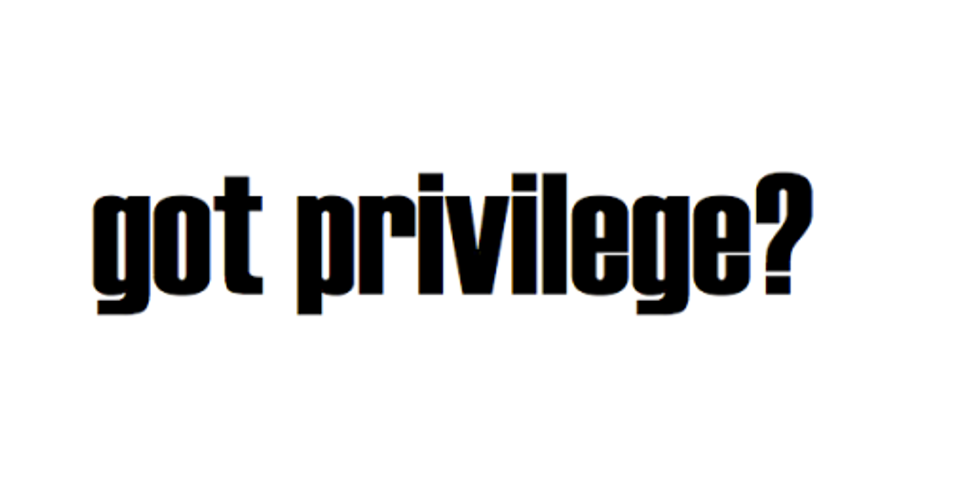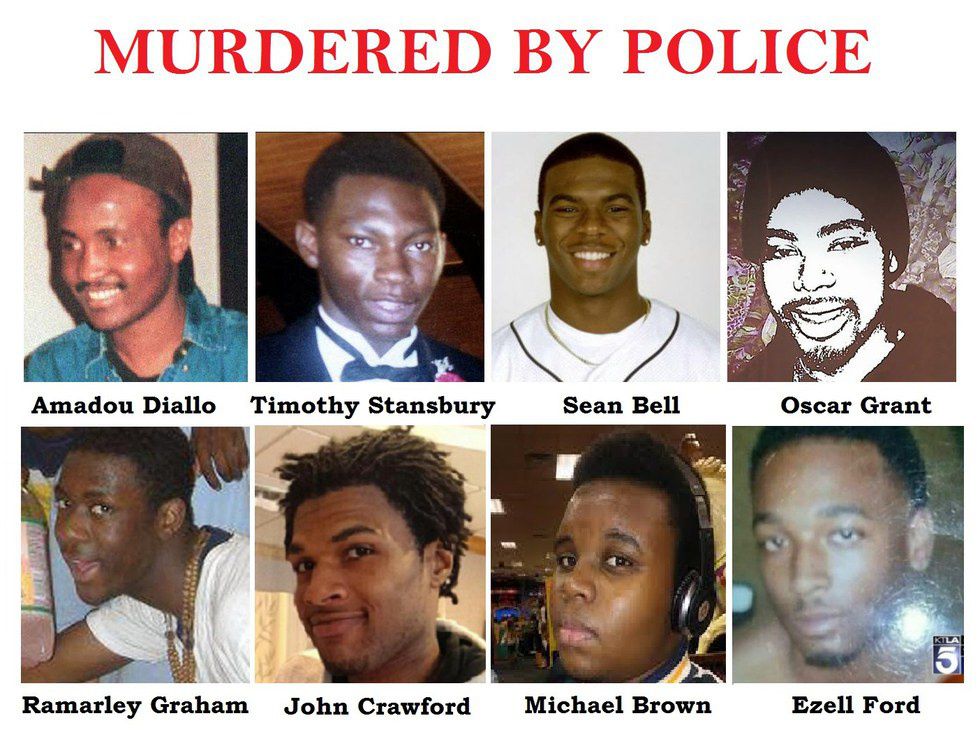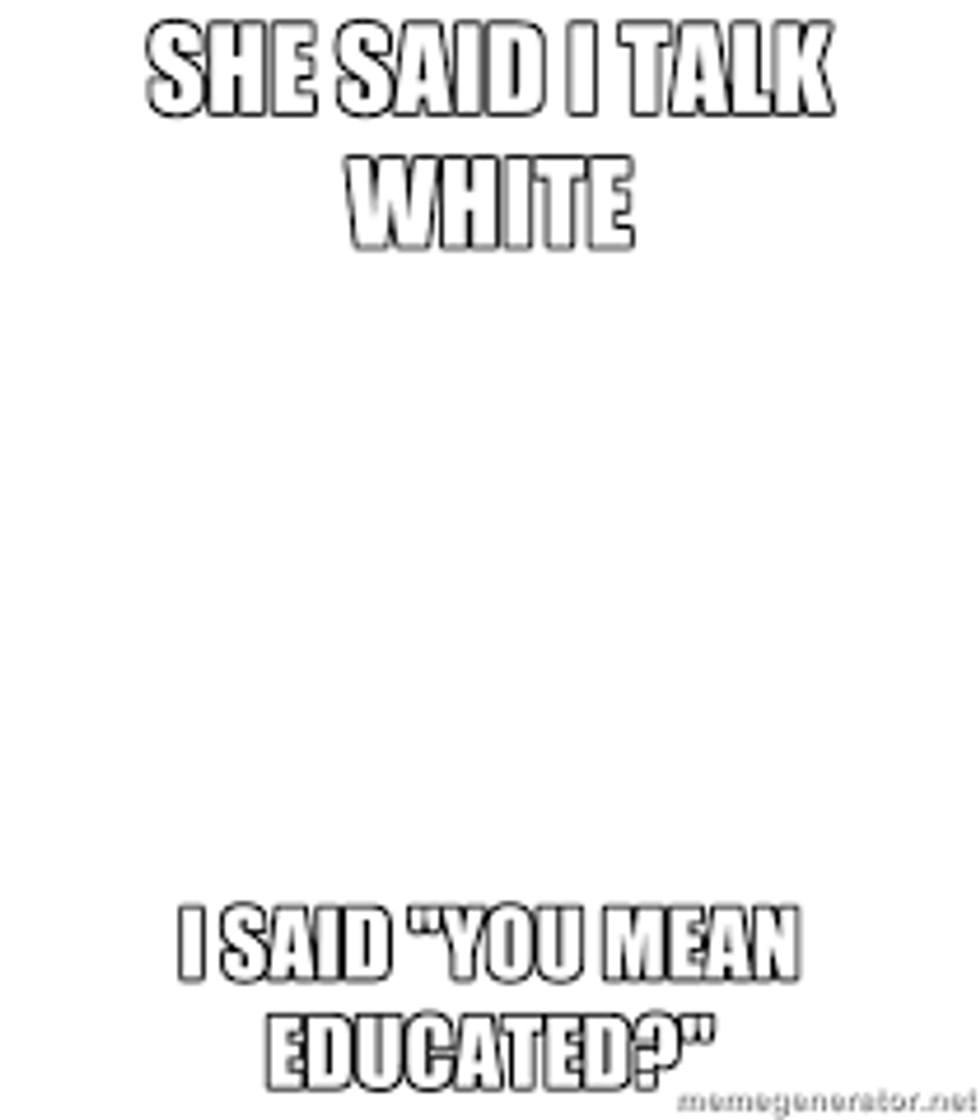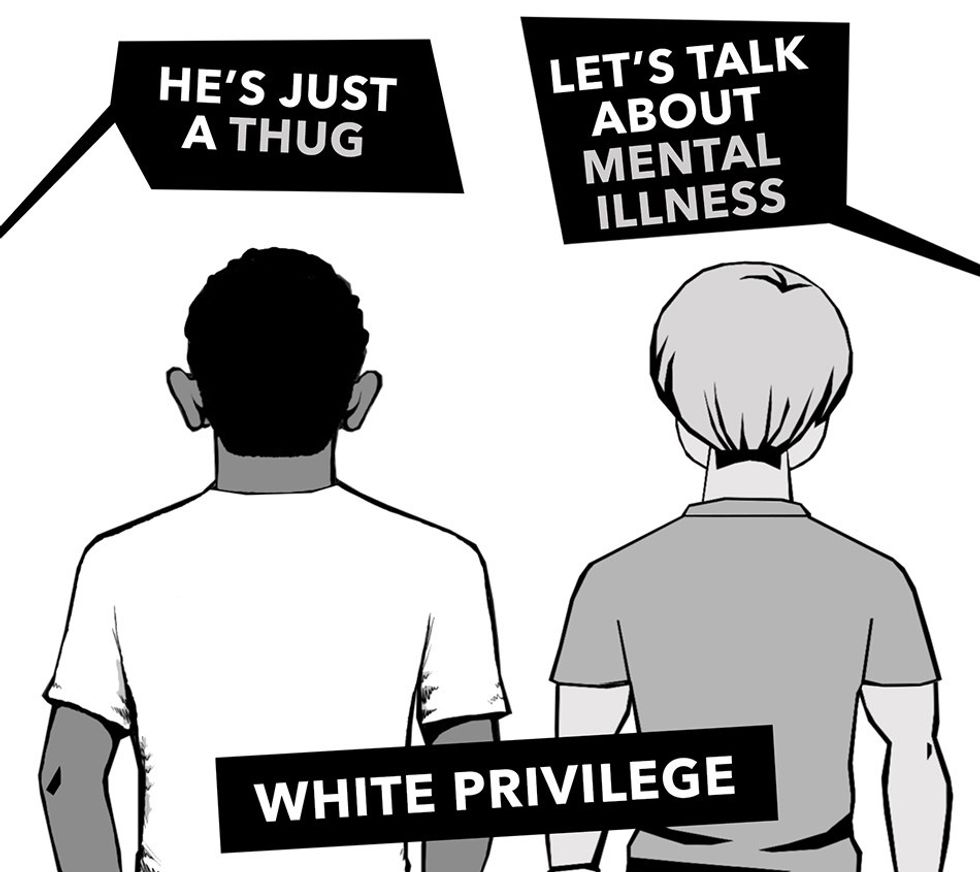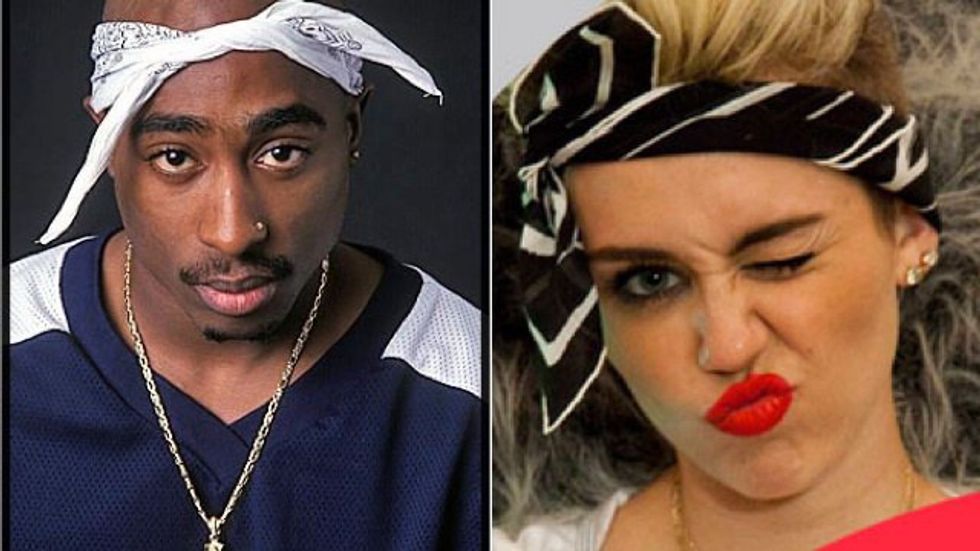Some people have the luxury of protocol interactions with law enforcement, articulating their feelings without criticism, or gain access to college, while others have to approach these things with caution due to the amount of melanin in their skin. Examples as such are the products of white privilege, which can be defined as “societal privileges that benefit white people in Western countries beyond what is commonly experienced by non-white people under the same social, political, or economic circumstances.” The biggest issue with this concept is the lack of consciousness of other ethnicities that has been a fuel to systematic racism. So, where did it start, how is it still relevant today, and why should we be so conscious?
Where did it start?
Some of the earliest fuels to white privilege, according to Dr. Francis Kendall, began with:
- The writing of the constitution, which openly confirmed the use of people of color as slaves and property
- The removal of Native Americans from the land we currently live on
- The breakage of black families during slavery and the removal of Americans of Japanese ancestry to internment camps during World War II
- Refraining from allowing African Americans to read or write to sustain their ability to enrich their culture in a literate, thriving society
- Passing of segregation laws
- The manipulation of immigration laws that challenged many Mexicans and Chinese who wanted a “better way of life” in the Western countries
- The use of “affirmative action” to certify opportunities for white women rather than people of color
These points are all a major part of American history that we have been taught throughout grade school in some form. These topics are initially taught to make children believe that the founding of the United States was simply an adventure graced with the British to provide a systematic way of life, one that eventually created great social, economic, and political policies. Exposure to things such as the Internet or a college education have shown the untold truths behind the great adventures of people such as Christopher Columbus.
How is it still relevant today?
Today, the differences of race have become part of a daily conversation, especially when it concerns our most recent national cases of police brutality. Michael Blackmon from BuzzFeed has provided 17 present day examples of white privilege, but I will only highlight five:
- People of color, especially Blacks, being the victims of law enforcement.
- Unarmed women and men of color have been victims of some of the most inexpiable, excessive force at the hands of our law officials. According to The Free Thought Project, about 136 people have been killed in the United States at the hands of the police since the first of the year. That’s one person killed every 8 hours.
- Unarmed women and men of color have been victims of some of the most inexpiable, excessive force at the hands of our law officials. According to The Free Thought Project, about 136 people have been killed in the United States at the hands of the police since the first of the year. That’s one person killed every 8 hours.
- Informing offspring of the harsh realities of racism.
- Receiving compliments for being able to articulate your words or having knowledge.
- Prison statistics.
- According to Huffington Post, one in three black men will go to prison in his lifetime due to racial profiling, while white victims will most likely be recognized as human.
- According to Huffington Post, one in three black men will go to prison in his lifetime due to racial profiling, while white victims will most likely be recognized as human.
- Avoidance of criticism for being your “unique self.”
These examples constantly enlarge themselves as the media gets faster and faster with the information it provides and the nationwide conversation of cases that leave a race gap to be discussed. It’s like we are living in a world that knows racial disparities exist, but only a small percentage of the nation wants to discuss it, while the remaining percentage either “doesn’t know” the problem exists or doesn’t care to address it, since it’s not an issue that openly affects them.
Why should we be so conscious?
As a nation, we must understand that white privilege is not looked at as an issue that is an individual characteristic found in every white person. It’s simply a part of history that we cannot take back, yet we can change it. The first step begins with getting people to recognize the fact that they actually have privilege in some cases and that it’s not something that “just happened because I was well-qualified.” Every action has a reaction, and the actions of slavery, racism, and segregation created an atmosphere of un-promised unity. After all, it's impossible to feel privileged when you've never been a part of the unprivileged.



